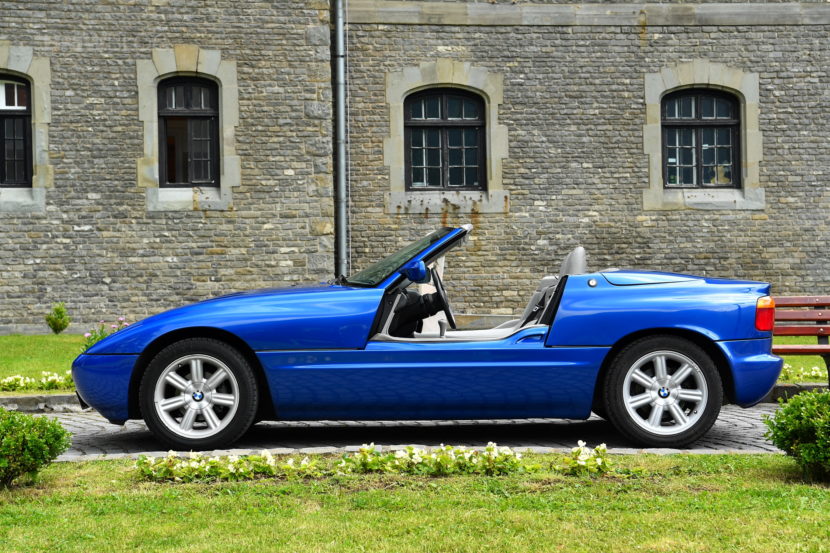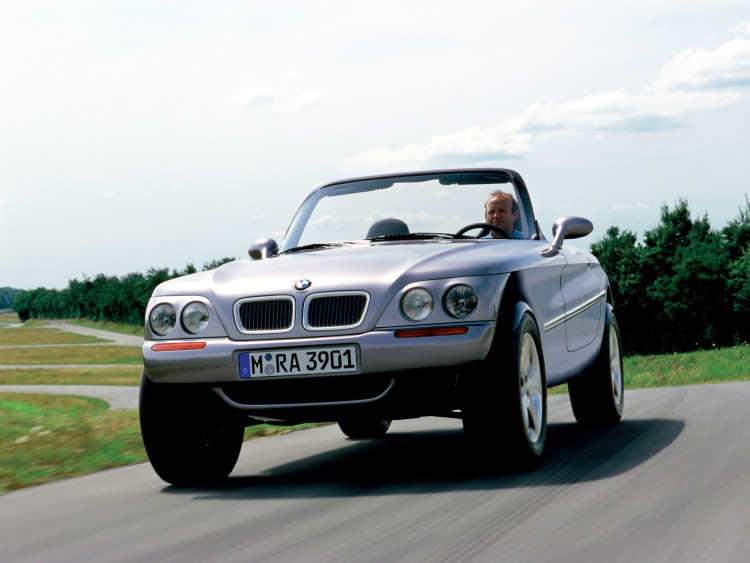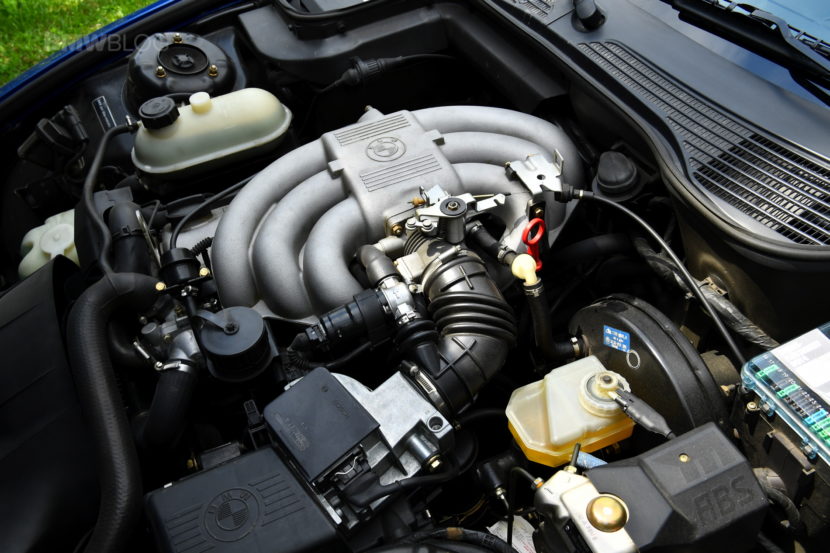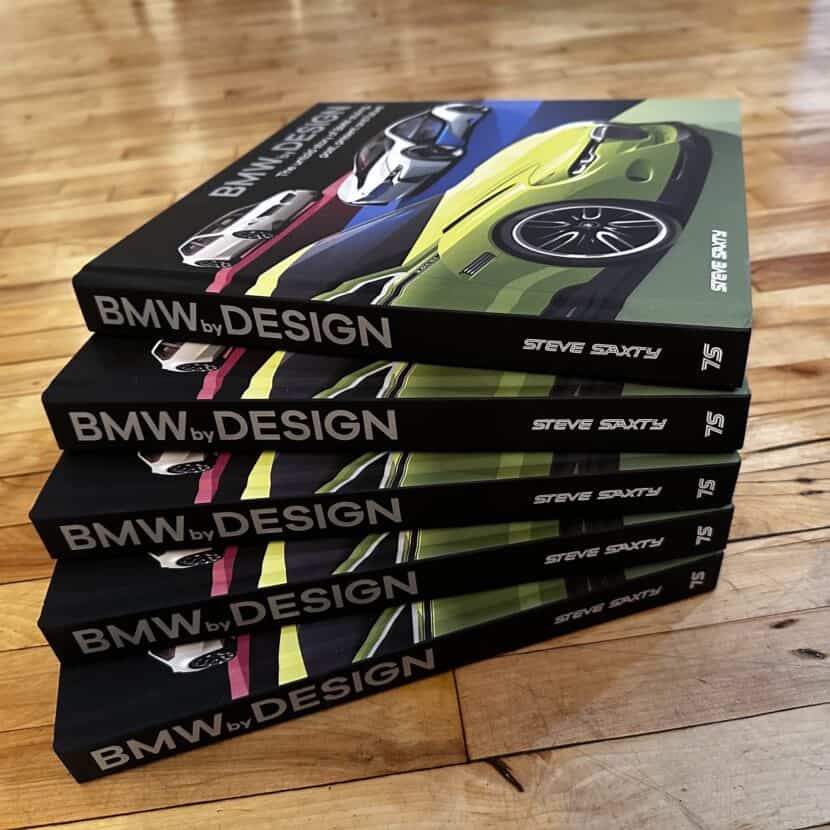In contemplating R&D organizations, Thomas Edison’s company takes precedence—a research and development organization producing new products post-conception and perfection. As large corporations attain a critical mass, they must allocate funds to internal groups envisioning the future. Bell Laboratories stands out as one of the greatest internal R&D organizations ever. Unsurprisingly, BMW has its own research organization—BMW Technik, housed as a Limited Liability Company, serving as their in-house ‘skunk works.’
The Modern Roadster
If you ask a casual observer what the Z prefix on a BMW means, they’d say, ‘sports car’. And sure enough they will point to the Z3, or Z4, and a few will even remember the quirky Z1. But that quirky little Z1 should never have seen the light of day (in public at least). The 1989-1991 BMW Z1 is the origin of the modern-day BMW small-roadster family that includes the Z3 and Z4 models. The public saw the BMW Z1 in 1987, at the Frankfurt Motor Show and blew everyone away with its combination of stylish good looks, removable plastic body panels and slide-down doors.
But there is more to the history of the BMW Z1 than has been told so far. Steve Saxty went off in search of the Z1’s history, urged on by Adrian van Hooydonk, who, truth be told, had nothing to do with the Z1, since he wasn’t at BMW when the Z1 was under development. It turned out there were missing drawings in the BMW archives for the development of the Z1 and Saxty devoted a great deal of time and effort gathering drawings from scattered sources in order to tell the story of the Z1’s unlikely journey to production.
Some Z1-Derived Cars Were Made
In the 80s, BMW faced a gap in its lineup—a lack of a 3 Series Convertible. Their engineers and designers, tasked with inventing a modern open-top, birthed the Z1. Featuring a high-strength, advanced material body structure and the innovative ‘Z axle’ suspension, the Z1 boasted sliding doors, a testament to its robust body. Built in under a year, positive reception propelled it into production. A tale inside BMW says that the engineering team designed a lot of Z1-derived cars, but none of them ever made it.
F1 Engine In the BMW Z1?
As Saxty spins this tale, more and more fantastic iterations of the Z1 appear on the pages, from F1 to offroad influences; city cars and shooting brakes. There is even the story of an engineer who wanted to turn the BMW Z1 into a racing car and take it to the famous Pikes Peak. The engine? A small 1.5 liter turbo used at the time in Formula 1. It is a fascinating journey. It turns out the Z doesn’t designate ‘sports car’, but rather ‘Z’ for Zukunft – future. Take the time to go through the BMW press release for the 25th year anniversary of BMW Technik and you will get an understanding of how BMW Technik went about exploring the entirety of the automotive experience, from propulsion, structural materials, software, and user interfaces.
In Steve Saxty’s book, “BMW’s Hidden Gems”, the story of BMW Technik and the Z1 are told in detail. The progression of the Z1 from sports car to aero optimized ‘F1’ like concept, to the myriad other concepts most of which were never shown to the public. Steve Saxty has gathered this up in ‘BMW’s Hidden Gems’ and made it available to view and marvel at. He even tells why Adrian van Hooydonk had such a high interest in telling the Z1 story – but you’ll have to read “BMW’s Hidden Gems” to find out.
If you’re interested in reading more BMW design behind-the-scenes stories, then the three-volume boxed set will be available soon at a pre-order price of £244.95, around $300.. Alternatively, the principal book, “BMW by Design” is available immediately for $99.95/€90.02/£88.10; all with free shipping in USA, UK and EU.




